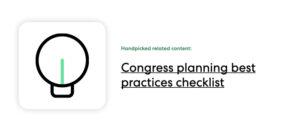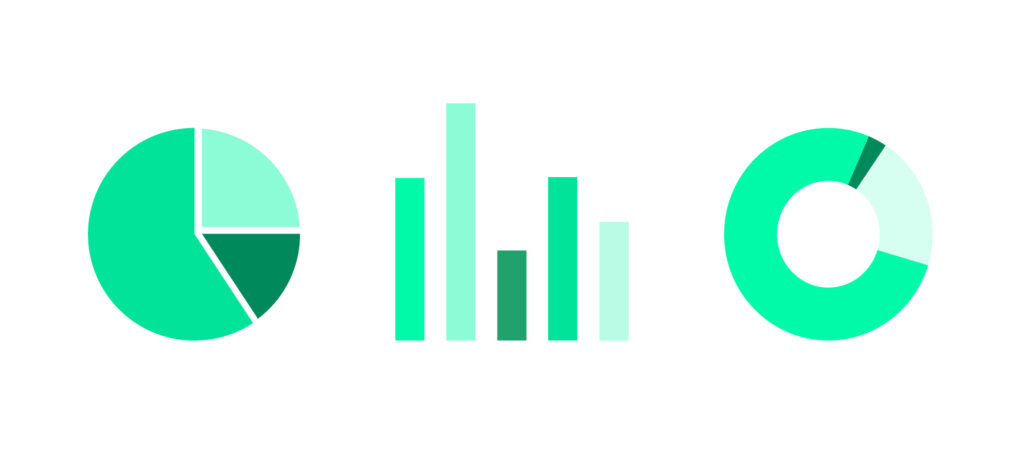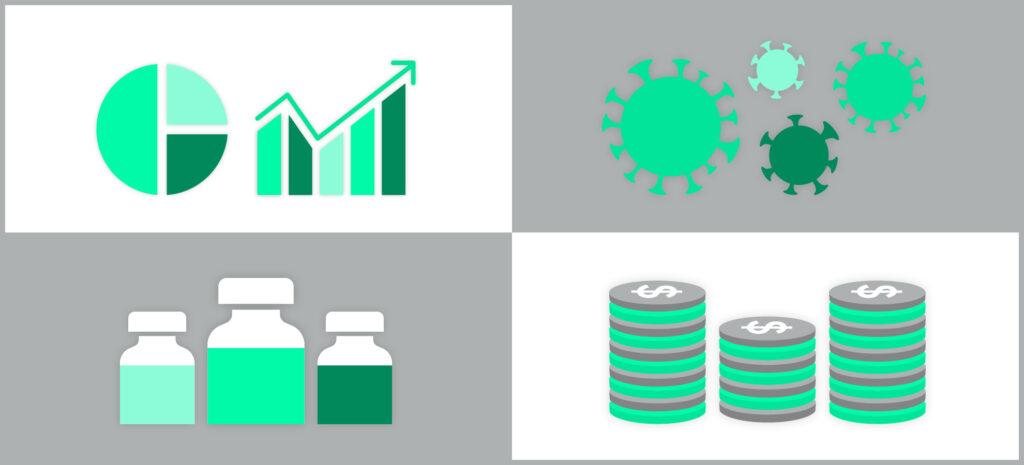Medical conferences have long been highly anticipated in-person events that draw HCPs and other interested parties for the unique opportunity to learn and network while immersed in a specific area of expertise. These events contribute to career advancement, patient treatment, and better health outcomes – but in a post-pandemic world, what is the purpose of medical conferences, and how are they changing? As healthcare and life science organizations change how they use face-to-face interaction, what will technology take over or augment?
What is a medical conference?
A medical conference is an annual meeting for medical professionals such as HCPs, students, and researchers. The event might include opportunities for discussion, problem-solving, and consultation. Compared with a medical congress, which addresses concerns and topics from a global health perspective, a conference is typically smaller in scale, which can encourage the exchange of information. Medical conferences might include data presentations, clinical research, panel discussions on public health concerns, and one-on-one interviews. Conferences encourage attendees to share opinions and experiences that could benefit patient care for a private practice or a facility. They also significantly contribute to the continuing education of healthcare professionals.
Why are medical conferences important?
The intangible benefits of medical conferences became sharply evident during pandemic lockdowns. Despite the convenience of online events, most participants wanted the choice of interacting in person. Some of the benefits of conference attendance include:
- Network with peers, potential collaborators, and funders
- Building your professional reputation
- Stay on top of the latest advancements in your field
- Learn
- Present research
As HCPs and other attendees return to live events, they should consider making the most of their newly revived in-person networking opportunities. Recommendations for getting the most out of attendance at a conference include:
Choose conferences wisely. While it may seem tempting to attend multiple events, time and budget limitations will force you to choose conferences or seminars that most closely suit your needs. Consider who’ll be speaking at the event, vendors that will attend, what types of networking opportunities are offered, and what topics will be most beneficial to you in your work. You might even choose to attend some conferences virtually in real-time or via recordings made available after the in-person event wraps.
Take notes during sessions and write down your key impressions right away. Attend as many sessions as you like, but remember you can’t be everywhere at once. Choose the sessions that are most relevant to you and take thoughtful notes. Yes, it’s important to be present and listen – but if you don’t record your takeaways in the moment, you might forget some of the points that resonated with you the most. Many speakers may also make their presentation slides available to you after the meeting, too.
Make the most of networking opportunities. Set yourself up for success when it comes to networking by bringing your own business cards and collecting them from people you meet. Make a point to meet some new people as well as connect with long-term acquaintances, and follow up after the conference closes. You can also follow the conference hashtag on Twitter and use the hashtag in your own tweets during sessions and other events.
Do your homework after the conference. Rather than immediately picking up where you left off once the conference is over, set aside some time to schedule follow-up calls or send emails to new contacts, share what you learned with your team, and plan how you will implement new practices into your daily work.
What technologies are used at medical conferences?
During the COVID-19 pandemic, many medical conferences pivoted to virtual conferences. Although many people enjoyed some of the benefits of virtual conferences, these events were among the first to return to in-person venues. However, crisis mode revealed that virtual technologies can help life science teams get more value from face-to-face events.
Organizations should focus on work that relates to the science, rather than logistics – and this is where technology can be applied to enable a more efficient and effective process. Advancements in different types of technology can help life science teams approach conference planning in a way that prioritizes better insights management. Some of the tech tools used to improve medical conference value include:
Social listening. Social media listening consists of tracking social media platforms for mentions and conversations related to your disease community, then analyzing them for insights to discover opportunities.
Asynchronous virtual engagement. Anytime, or asynchronous collaboration, is similar to an online university format where a discussion is available to participants for a set period of time. Interaction takes place on a web-based platform over a period of days or weeks. A JAMA article reported that conferences are potentially more harmful to patients than helpful, considering the carbon footprint of most events that require travel. Asynchronous meetings can reduce the need for such frequent travel, a net benefit to many organizations and individuals.
Natural language processing. NLP technology can be used to break apart the text of collected insights and identify meaningful concepts that can be tracked, flagged, grouped, or otherwise organized. Organizations can quickly identify trends and concepts that help drive strategy.
Staying connected in pharma and healthcare
As thought leaders, it’s important to know how to run a successful virtual conference as well as in-person events. Attending these gatherings can be effective for professionals who are conducting team huddles in healthcare to improve the patient experience. They may also gain insight into business intelligence in healthcare to champion data-driven decisions within the organization.
Take the next step and read more about technology for medical conferences on our blog.







